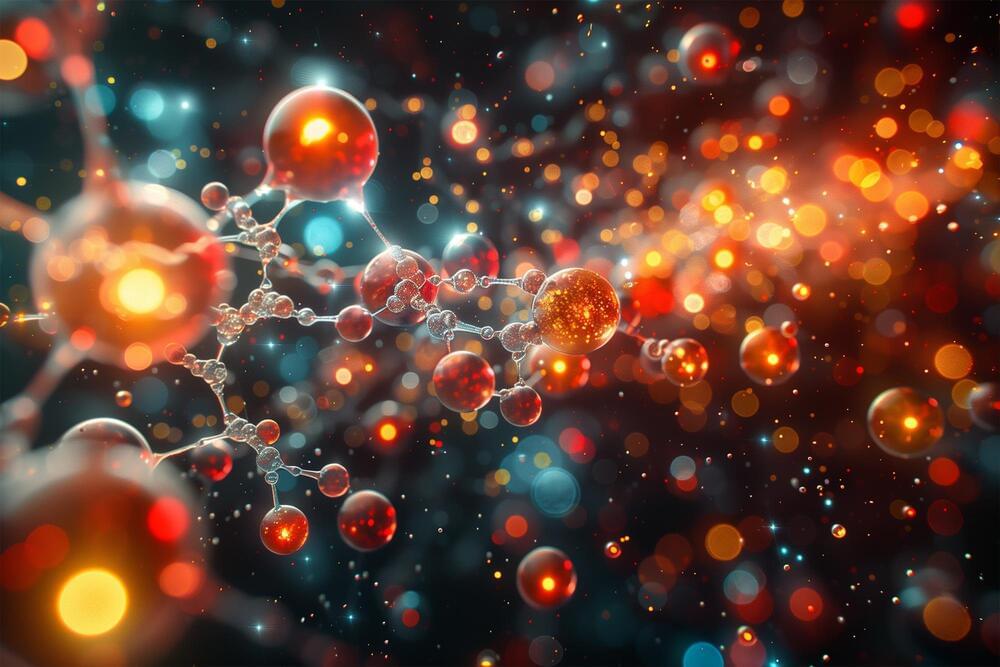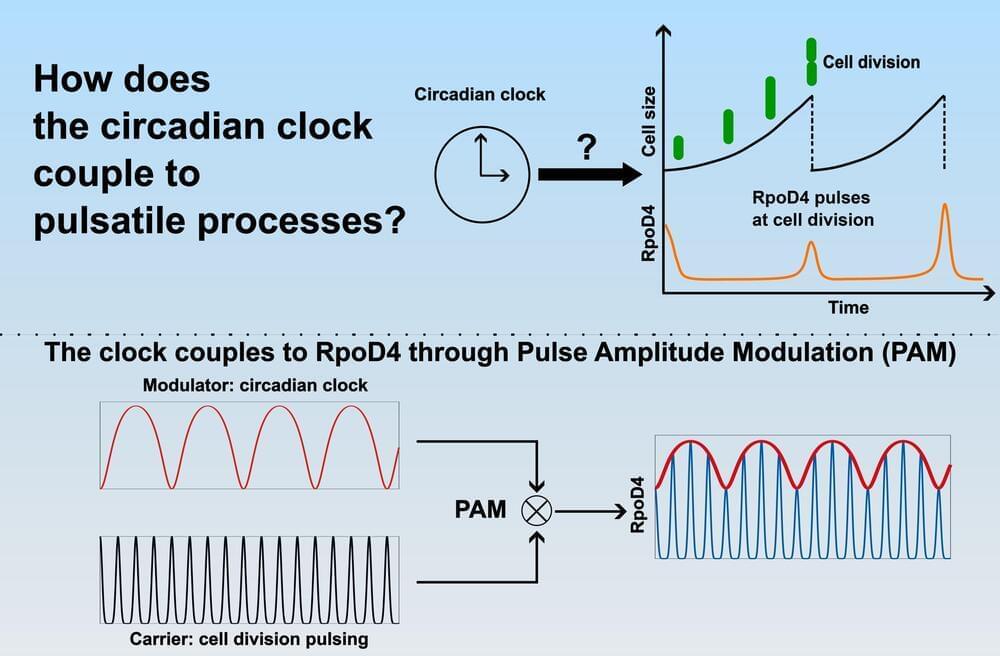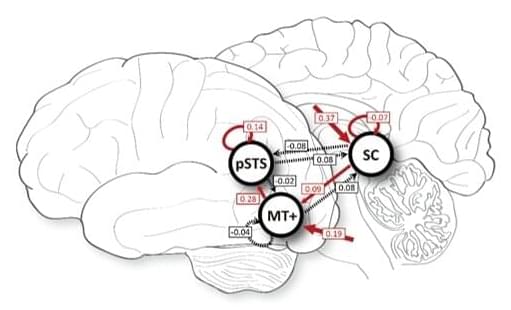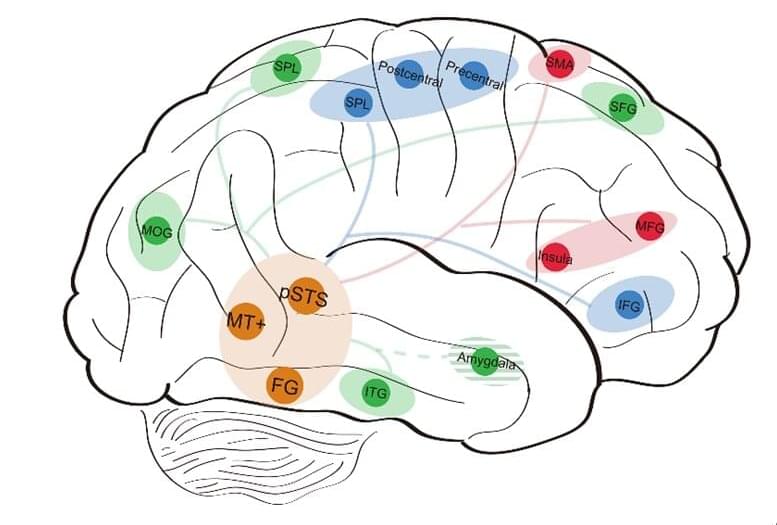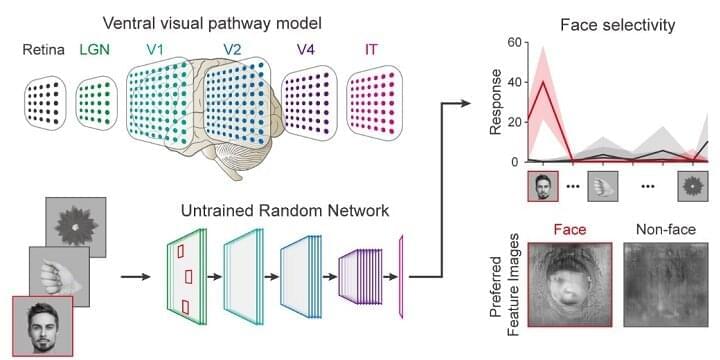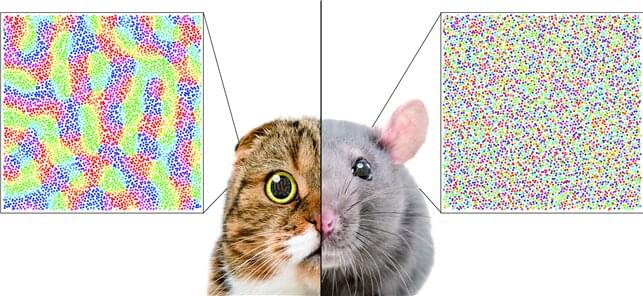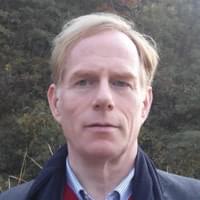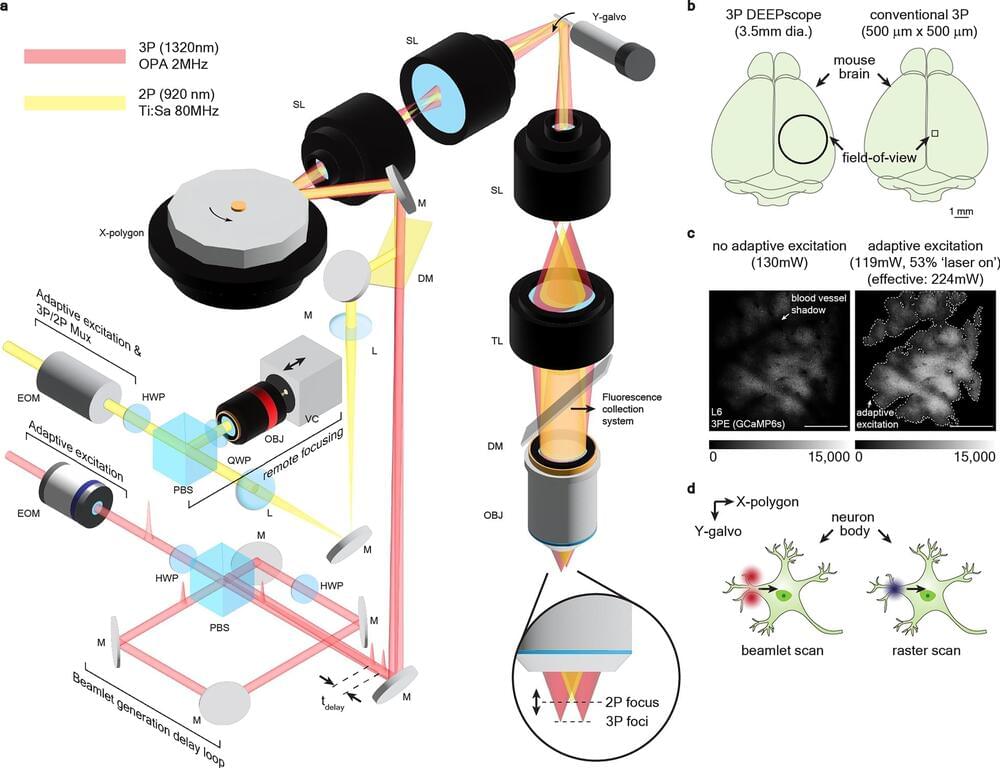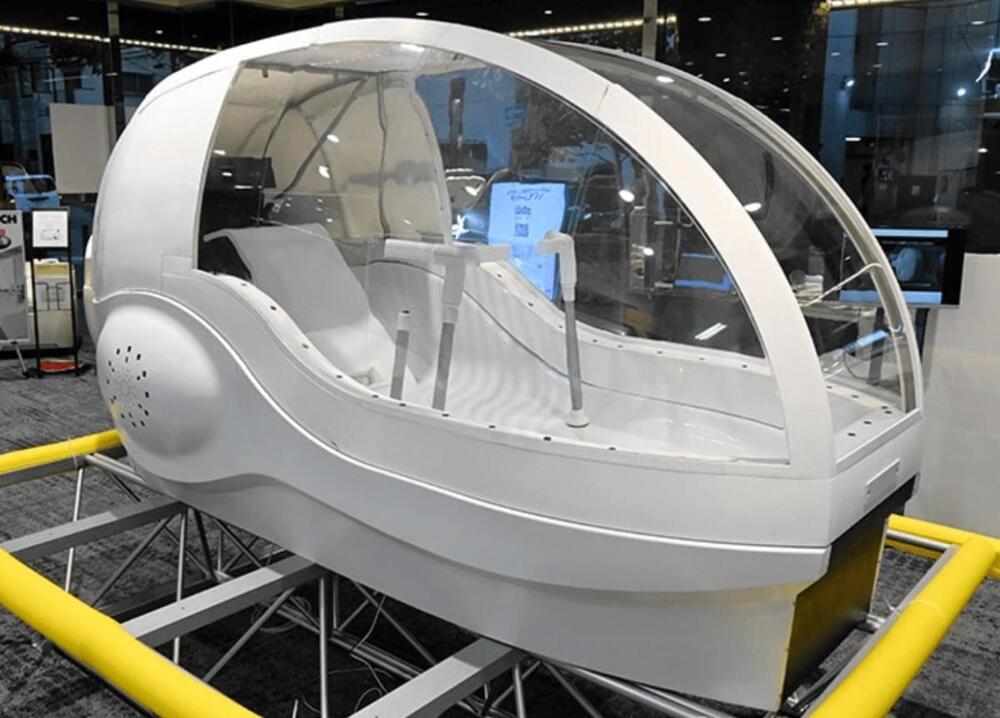Biological motion refers to the kinesthetic information of living beings (i.e., humans and animals). The ability of biological motion perception is crucial for the organism’s survival and social interaction. Biological motion contains multidimensional attributes, including physical, biological and social attributes. How does our brain extract each attribute from multidimensional biological motion stimuli, and what is the relationship between the processing of different attributes?
A research team led by Prof. Jiang Yi from the Institute of Psychology of the Chinese Academy of Sciences used functional magnetic resonance imaging (fMRI) to investigate the neural mechanisms underlying the processing of multidimensional biological motion attributes in the human brain. They used point-light displays as test stimuli, in which only the movement trajectories of a person’s major joints are represented by a set of dots. They systematically manipulated three attributes of biological motion: walking direction, gender, and emotional state.
Using multiple regression representation similarity analysis (RSA), the researchers identified the brain networks involved in the processing of these three attributes. The brain areas that encode the walking direction attribute are mainly located in the dorsal cortical areas, those that represent the gender attribute are located in the frontal and temporal lobes, and the neural representations of the emotional state attribute widely involve the dorsal and ventral cortical areas.
